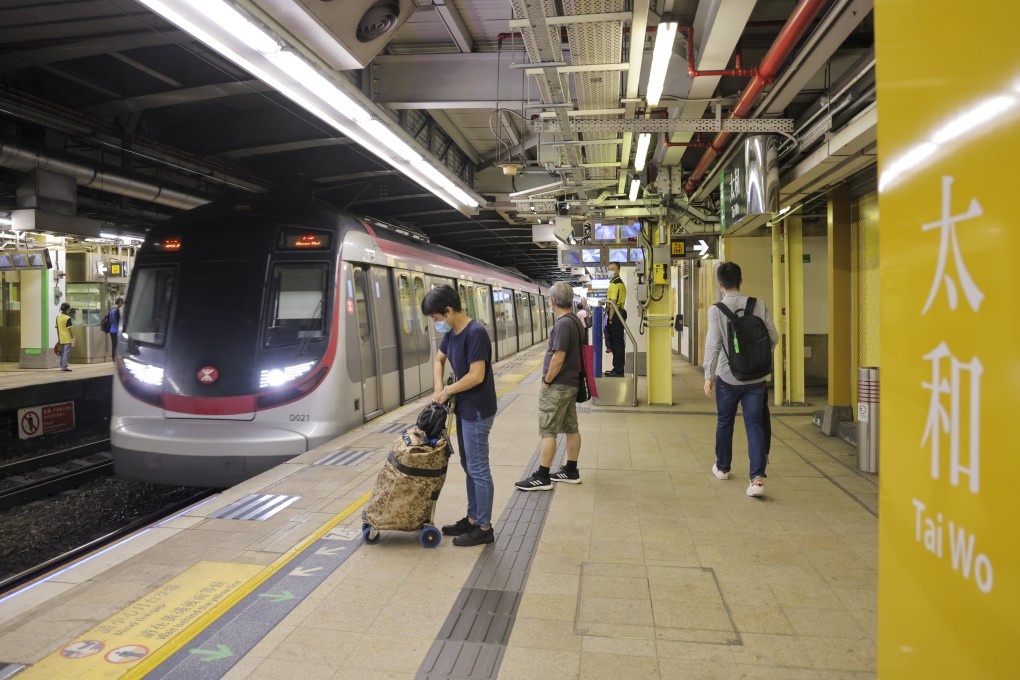Advertisement
Letters | Government caution, not MTR complacency, to blame for Hong Kong’s long wait for new railways
- Readers discuss the slow pace of Hong Kong’s railway expansion, the impact of the national security law on the city’s economy, and the need for gender parity at Wimbledon
Reading Time:3 minutes
Why you can trust SCMP
0

Feel strongly about these letters, or any other aspects of the news? Share your views by emailing us your Letter to the Editor at letters@scmp.com or filling in this Google form. Submissions should not exceed 400 words, and must include your full name and address, plus a phone number for verification.
Henry Cheung Nin-sang reportedly blames MTR Corp’s complacency for the slow pace of railway development in Hong Kong (“Heat is on for rail giant to justify its monopoly”, July 4). In the same article, Michael Tien Puk-sun, former chairman of the Kowloon-Canton Railway Corporation, asserts that the government “preferred to wait for the development of land in a district before pushing for rail projects”.
They cannot both be right.
A railway must be built on, under or over land, occasionally water. Article 7 of the Basic Law states that all land within Hong Kong is “state property”, the administration of which is devolved to the Hong Kong government. Every railway constructed in Hong Kong has been and must be approved by the government because it is the only authority capable of granting land for its construction (usually contributing to its cost) and approving its operational safety.
Some idea of land requirements may be gained by stating that a single feature of the Tuen Ma Line, namely Pat Heung maintenance depot, occupies 32.5 hectares (48 professional football pitches).
There are at least 30,000 private land leases in the New Territories and New Kowloon (which includes Kwun Tong and Wong Tai Sin) some of which will inevitably be affected by a new railway.
Advertisement